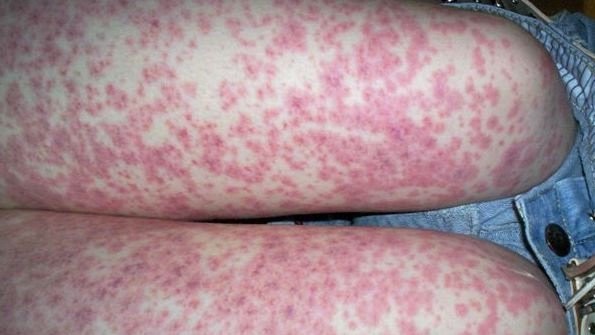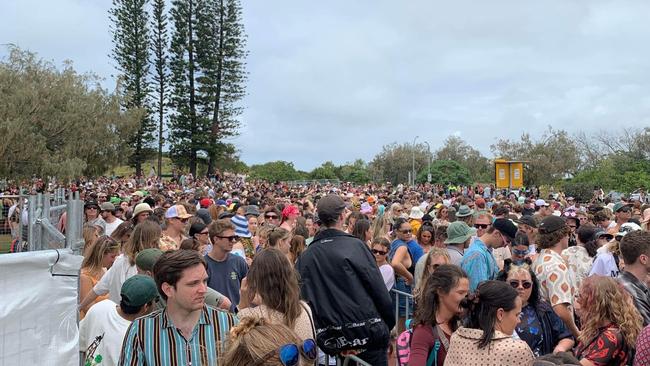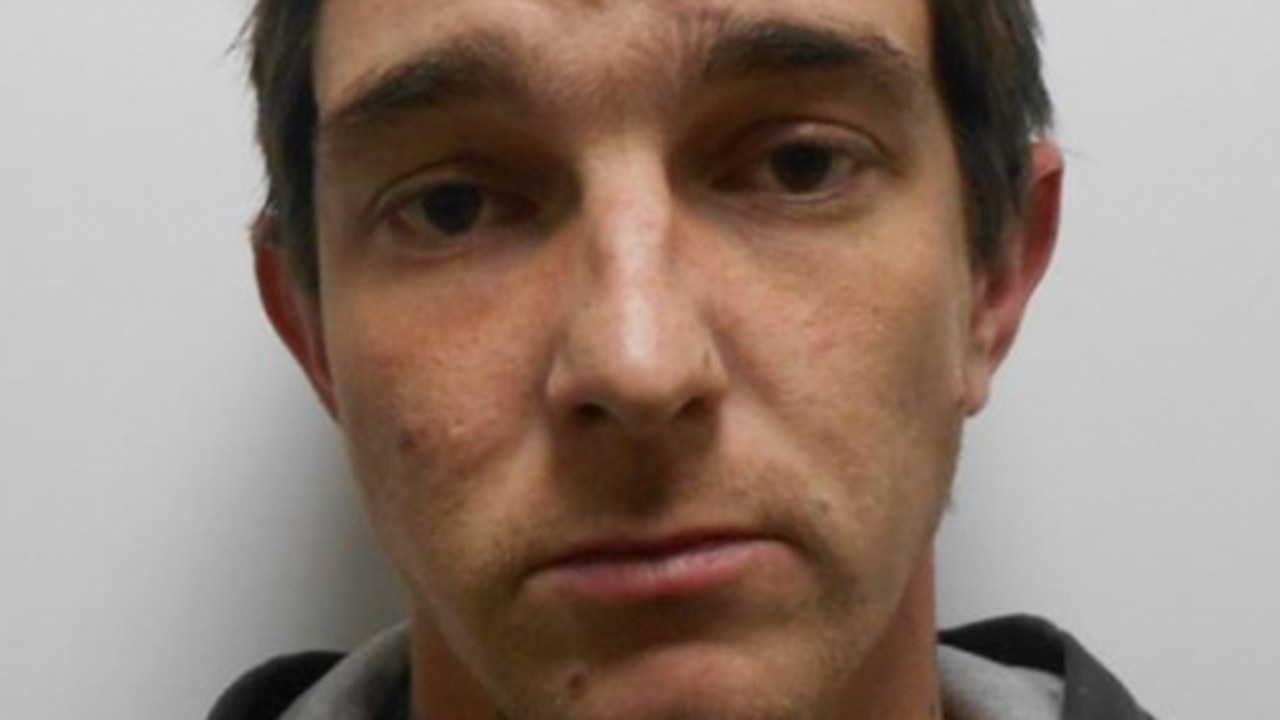NSW teen dies of meningococcal, music festival warns of outbreak
Health experts are warning about a potential outbreak of a serious disease after a festivalgoer died from an infection.
NewsWire
Don't miss out on the headlines from NewsWire. Followed categories will be added to My News.
Health experts are warning those who attended a popular festival to check for symptoms of a deadly disease after a young woman died after becoming infected.
The teenager died after contracting a meningococcal infection just days after Canberra’s Spilt Milk music festival warned attendees of a potential outbreak.
NSW Health made the announcement on Monday. The woman is the third person to die due to the disease in NSW this year.

The thousands of people who attended the festival should be on the lookout for symptoms, according to infectious disease expert Robert Booy.
“You need to be alert, not alarmed,” Professor Booy said.
Though it’s improbable that a mass outbreak could occur from the festival, Meningitis Centre Australia chief executive Karen Quick urged those who attended to be vigilant.
“It depends on the amount of contact they had with the person, so it’s unlikely but there’s a possibility that they could catch it,” Ms Quick said.
“There’s a high-risk situation; you’re talking about a whole group of teenagers and young people who are in close proximity to each other, and that’s one of the high-risk areas for that sort of thing.”
Despite outbreaks being common when gatherings of people occur, such as at religious festivals or even sporting events, music festivals historically aren’t noted for mass cases, according to Professor Booy.
“There does not need to be a high level of anxiety or concern … there’s very few reports of concerts and music festivals being associated with outbreaks, so that’s reassuring,” he said.
The 18-year-old’s death comes after Spilt Milk organisers issued a warning on Saturday that an infected person who attended the festival on November 26 was in Canberra Hospital.

It is understood the teen attended the festival; however, it is not clear how she contracted the disease.
Meningococcal disease is a rare but serious and sometimes fatal infection.
Parents and young people are being urged to stay alert to the symptoms of meningococcal disease and act immediately if they appear.
So far this year, there have been 29 cases of meningococcal disease reported in NSW and more than 100 across Australia, according to Ms Quick.
“The last few week’s it’s really peaked; spring and around Christmas time is when we see more cases,” she said.
Ms Quick also noted that there had been a higher number of cases this year.
The majority of cases have been due to meningococcal B strain of the infection.
Executive Director of Health Protection NSW Dr Jeremy McAnulty said early intervention could be lifesaving.
“Meningococcal disease symptoms can appear suddenly and become very serious very quickly,” he said.
“I urge everyone not to discount symptoms when they appear or assume it may be just a mild infection.
“If you suspect meningococcal disease, don't wait for the rash – see a doctor immediately.”
Meningococcal disease can be fatal within hours if left untreated and knowing the symptoms can help prevent premature death or lifelong disability.
Meningococcal symptoms
- Severe, unexplained limb pain
- Difficulty waking up
- High pitched crying in babies
- Severe headache
- Upset by bright lights
- Stiff neck
- Red-purple rash which doesn’t disappear when pressed with a glass
Though the disease is widely known for creating an intense rash on the skin, Ms Quick urged festivalgoers who felt ill to seek help before it popped up.
“You’ve got to trust your instincts, don’t wait for the rash to pop up,” she said.
“It doesn’t always appear, and it’s one of the last signs to appear more often than not.”
If symptoms rapidly worsen, or if your child is very unwell, Dr McAnulty said to call triple-0 or go straight to your nearest emergency department.
Meningococcal disease is uncommon thanks to vaccination but still occurs year round.
Despite widespread vaccination, different strains of the infection are vaccine resistant.
Children under five and people aged 15 to 25 are at the greatest risk of contracting the disease.
NSW Health is advising parents to check their children are up to date with vaccinations.
Babies can receive the meningococcal B vaccine from six weeks of age and the meningococcal ACWY vaccine at 12 months.
Originally published as NSW teen dies of meningococcal, music festival warns of outbreak


